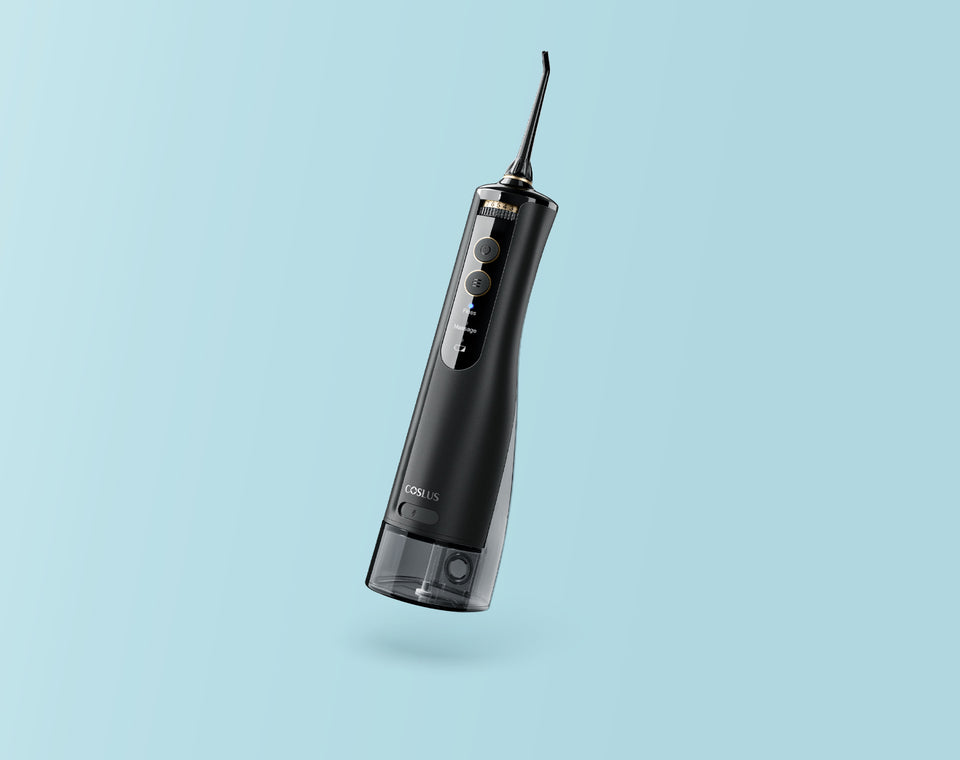Unlock the Secret: Which Flossing Method Will Transform Your Smile Forever?
Maintaining oral hygiene is crucial for overall health, and flossing plays a significant role in keeping our teeth and gums in top condition. Flossing removes food particles and plaque that can lead to cavities and gum disease, making it an essential part of any dental care routine. However, the age-old debate continues: should one use traditional floss or switch to a water flosser? Each method boasts its advocates and unique benefits, leading many to ponder which option is best for their needs. This article aims to provide insights and evaluations of both methods, helping you make an informed purchasing decision based on your personal preferences and dental health requirements.

Understanding Flossing: Water Flossers vs. Traditional Floss
Traditional flossing involves using a thin piece of string or tape designed to slide between teeth, effectively removing plaque and food particles. It requires a specific technique to ensure all areas between the teeth are cleaned properly. Water flossers, on the other hand, utilize a stream of pulsating water to dislodge debris and plaque. This method is often seen as more convenient, especially for those with limited dexterity or dental appliances. Both methods aim to promote better oral health, yet their mechanics cater to different needs and preferences.
Benefits of Traditional Flossing
Traditional dental floss offers several advantages that contribute to its longstanding popularity. One of the main benefits is its effectiveness in removing plaque and food particles, particularly in tighter spaces between teeth. The accessibility of traditional floss is another strong point; it's readily available, easy to carry, and doesn’t require any special equipment or batteries. Additionally, traditional floss is often more cost-effective, making it an economical choice for maintaining oral hygiene. Many users appreciate the control they have while flossing, allowing them to focus on specific areas that may need extra attention.
Advantages of Water Flossers
Water flossers present a modern alternative with numerous benefits, particularly for individuals with braces, implants, or other dental work. The ease of use is a significant advantage; with just a push of a button, users can effectively clean their mouths without the need for meticulous technique. Water flossers can also be gentler on gums, making them suitable for those with sensitive gums or conditions like gingivitis. Furthermore, studies suggest that water flossers may improve overall gum health, potentially leading to a reduction in bleeding and inflammation. Personal anecdotes from friends who've transitioned to water flossers often highlight the increased comfort and enjoyment of their oral care routine.
Comparative Effectiveness: Water Flossers vs. Traditional Floss
The effectiveness of water flossers versus traditional floss has been a topic of discussion among dental professionals. Some studies indicate that traditional floss may be superior in plaque removal when used correctly, particularly in tight spaces between teeth. However, other research highlights the ability of water flossers to reduce gum disease symptoms effectively. Many dentists recommend a dual approach, using both methods for optimal oral health. It's essential to consider expert opinions and scientific studies when evaluating which method best meets your needs, as individual results may vary based on technique and personal dental health.
Cost Considerations and Convenience
When it comes to cost, traditional floss is typically more affordable upfront compared to water flossers, which require an initial investment for the device. However, the long-term costs should also be considered. Traditional floss needs to be replenished regularly, whereas water flossers may only require occasional replacement of parts. In terms of convenience, water flossers are often seen as easier to use, particularly for individuals with physical limitations or complex dental work. The choice may ultimately depend on your lifestyle, budget, and preference for simplicity versus hands-on control.
Choosing the Right Flossing Method for You
In conclusion, both water flossers and traditional floss have distinct advantages that cater to different preferences and dental needs. While traditional flossing remains an effective method for plaque removal and is cost-effective, water flossers offer ease of use and may be better suited for individuals with specific dental conditions. Ultimately, the decision between the two should reflect your oral health goals, lifestyle, and personal comfort. By weighing the key points discussed in this article, you can choose the flossing method that best aligns with your journey toward a healthier smile.






